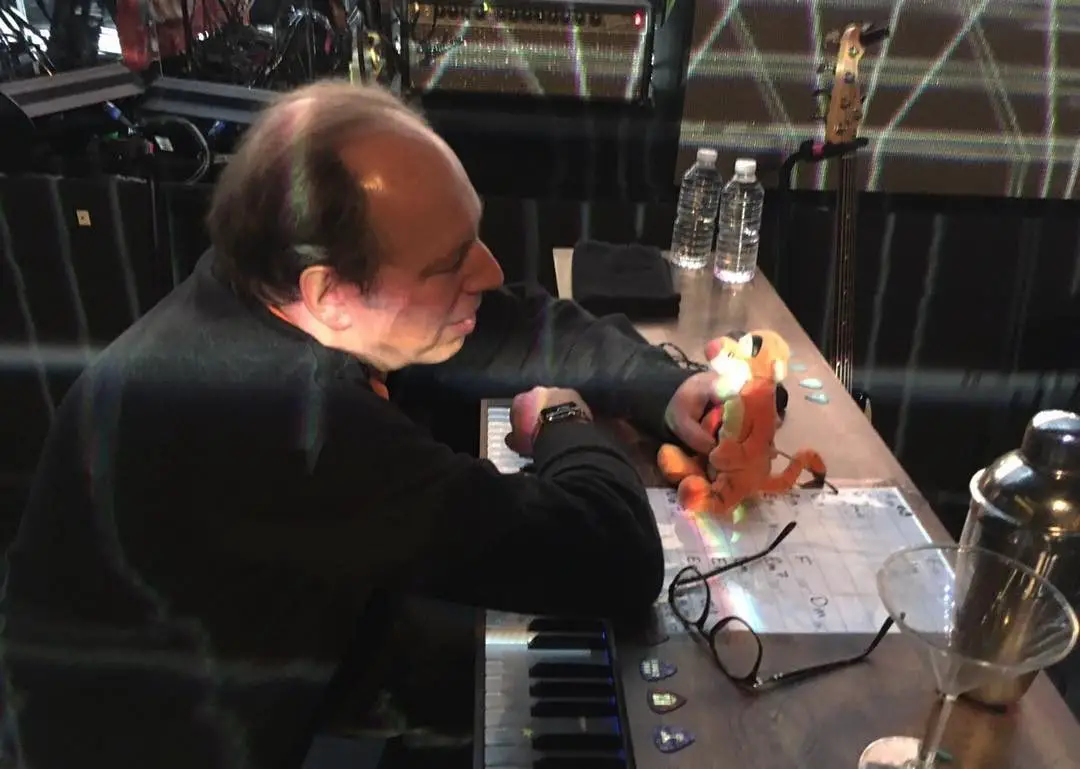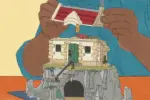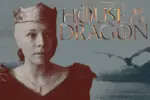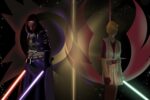When most people hear the names Mozart, Beethoven and Bach, they think of the classical music often heard at a symphony orchestra or on a vinyl record. If one asked today’s generations what they thought of the classical genre, the majority would call it boring compared to their preferred genres of electronic dance music (EDM), pop and rap. But what most don’t realize is that movie scores, created by film composers, are still performed with classical instruments and possess similar sounds to that of the classical era.
To show how movie soundtracks help elevate the sounds of the classical genre, here are four of the best film composers of our time. Listening to their music, rather than old sounds from the 17th and 18th centuries, might make it more enjoyable to obtain the many benefits classical music offers for the brain and body.
1. John Williams
Perhaps one of the most popular film composers, Williams’ credits span over a dozen well-known films, such as “Star Wars,” “Indiana Jones,” “Harry Potter” and “Jaws.” With several Emmy, Grammy and Academy awards under his belt, Williams is the best example of how popular classic-influenced music is despite today’s trending genres.
Even though most contemporary music is produced using synthesizers and auto-tuning, Williams’ original yet simple way of using real instruments to create well-loved soundtracks proves that the human ear isn’t tired of classical sounds.
Speaking specifically on some of his songs, Williams is a master of sending chills through his listeners, with his particular melodies transporting them into a euphoric state. Most fans recognize Williams’ most notable “Star Wars” songs as the main theme and the “Imperial March,” which capture the overall tone of the story’s heroes and the tyrannical agenda of the Empire.
But when the prequels came out, starting with “The Phantom Menace,” Williams’ melodies were supplemented by operatic singing to evoke the eternal battle between the light and the dark side, seen in the “Duel of Fates.”
Outside of “Star Wars,” Williams doesn’t falter in his ability to evoke wonder and elation, especially in the songs, “Buckbeak’s Flight” from “Harry Potter and the Prisoner of Azkaban,” and the “Superman Theme.” He effectively expresses Harry Potter’s awe as he flies on Buckbeak’s back over a lake, and the joy that comes when Superman saves the day, proving John Williams is one of the greatest composers of all time.
2. Howard Shore
Known for creating the scores for “The Lord of the Rings” and “The Hobbit” trilogies, Shore’s music does a great job of furthering Tolkien’s world-building that seamlessly transports listeners right into Middle Earth. Shore covers all the tones Tolkien wrote in his books, ranging from songs bearing the mysticism and grace of the elves, the malevolence of Sauron and the orcs, and the merriment and peacefulness of the hobbits.
In one of the best scenes of “The Return of the King,” the song “The Battle of the Pelennor Fields” plays as the riders of Rohan clash with the orc horde. Shore’s use of the Hardanger fiddle as the riders yell “death” and charge forward conveys their fear and courage, knowing that their deaths will save the lives of others.
Apart from scoring “The Lord of the Rings,” Shore also did the music for “Se7en,” starring Morgan Freeman and Brad Pitt. During the climactic scene of the film, Shore’s song “The Desert” builds the viewer’s suspense of discovering what Freeman’s character saw in the box. The slow yet sudden bursts of string instruments are in tune with the viewer’s heartbeat, increasing in speed as their heart rate also escalates, until the final moment when Pitt’s character realizes what the box contains.
3. Hans Zimmer
Responsible for many of today’s more recent films, including both incarnations of the “Lion King” and “Dunkirk,” Zimmer is one of the best composers when it comes to creating musical themes for settings and characters. In the trailer to Zimmer’s “Masterclass,” he says he can tell someone all they need to know about film scoring in just one word: story. He is quite good at taking his advice, with every theme he composes having a story of its own.
Regarding the main theme for “The Dark Knight Rises,” Zimmer’s blend of French horns and digital sounds aligns with the film’s depiction of Bruce Wayne’s rise from defeat, as the music also rises in intensity and volume. The theme’s story is of someone’s journey as they rise from the ashes, applicable not just to Batman but for anyone who overcame a dark time in their life.
Concerning Guy Ritchie’s “Sherlock Holmes,” Zimmer’s main theme “Discombobulate” is aptly titled to express Holmes’s investigations into scenarios that are often discombobulated. The title also helps in defining the story of theme, being about a character’s puzzlement regarding a disorientated and confusing world, much like how Holmes and London are presented.
4. Ramin Djawadi
Recently rising in popularity with their work on shows such as “Game of Thrones” and “Westworld,” Djawadi has always helped in increasing the quality of HBO’s two shows whenever the shows’ writing or directing have fallen short. As the youngest film composer on this list, Djawadi managed to still have an impressive list of credits, scoring the action films “Iron Man,” “Pacific Rim” and “Clash of the Titans.”
Although Djawadi has scored films, his musical talent is best seen in his work as a composer on TV shows, where he brings to life the settings of Westeros and the Westworld theme park. While his songs for the opening credits of “Game of Thrones” and “Westworld” do enough to capture the essence of what the shows are about, Djawadi, like Zimmer, also employs character and setting themes that expand the shows’ worlds even more.
His song for the sixth season of “Game of Thornes,” “Needle,” also called Arya’s theme, highlights the character’s major moments in her life, from her lighthearted childhood into her grim adolescence, while keeping true to her personality that remains the same no matter what obstacles she faces.
For “Westworld,” his theme for the town, “Sweetwater,” acts as an invitation for not only newcomers to the show, but new guests who arrive at the theme park in the show. The song makes the town feel as if it’s a character, who, like the actual characters, develops and undergoes an arc.
Though music experts might not classify film scores as classical music, they nevertheless contain similar elements, like orchestral instruments to produce sounds. Because film and TV shows continually influence pop culture, film composers will get the chance to create music similar to that of the greats, transcending the limits of sheet music to the silver screen.
















